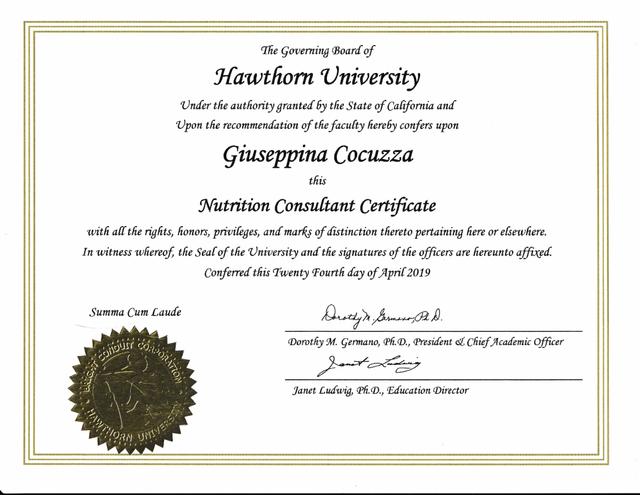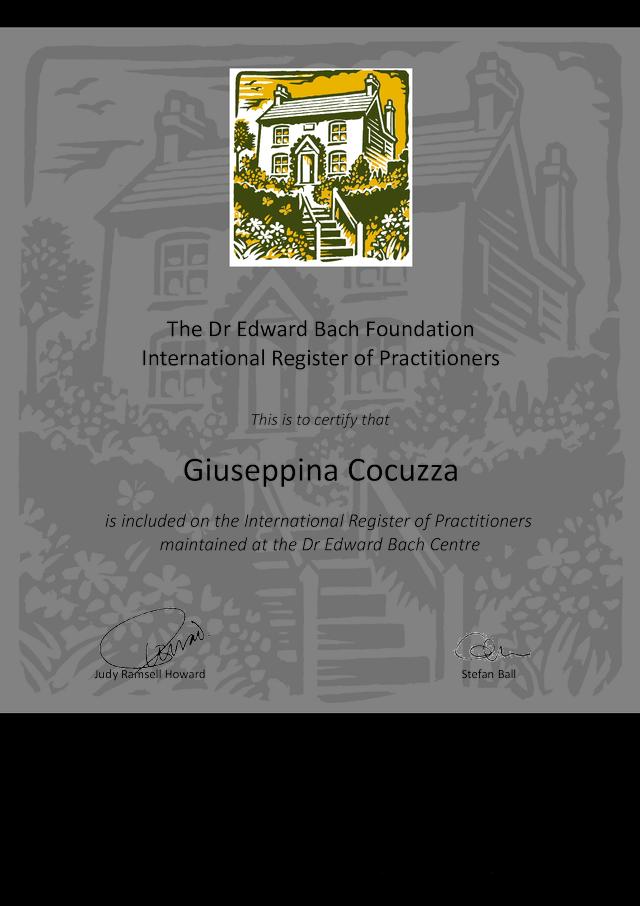Iose Cocuzza, BCHN®, CGP, BFRP
About Iose Cocuzza, BCHN®, CGP, BFRP Iosè is Board Certified in Holistic Nutrition, a Certified Gluten-Free Practitioner and a Bach Foundation Registered Practitioner. |


Iose Cocuzza, BCHN®, CGP, BFRP doesn’t have reviews yet.
Click the button below to leave the first one!
New article The ADHD Epidemic: Are We Losing Our Focus? already available! Read it now
New article Contemplating the END OF LIFE: how will you die? already available! Read it now
New article BREAKFAST: The Most Important Meal of the Day for Kids already available! Read it now
New article What toxins are we exposed to every day without even realizing it? already available! Read it now
New article What toxins are we exposed to every day without even realizing it? already available! Read it now
New book 10 EASY STEPS FOR A SUCCESSFUL GLUTEN FREE DIET already available! Read it now
New session BACH FLOWER STANDALONE BOTTLE SERVICE already available! Book it now
New session BACH FLOWER FOLLOW-UP CONSULTATION already available! Book it now
New session BACH FLOWER INITIAL CONSULTATION already available! Book it now
New article STRESS: The Enemy of Your Physical and Mental Health - How to beat it already available! Read it now
New article THE PRONOUN REVOLUTION: Are We Fighting for Progress or Just Getting Too Complicated? already available! Read it now
New article The Benefits of Kindness and Gratitude: The Secret to a Happy Life already available! Read it now
New article Can ANXIETY disorder be managed with Bach Flower Therapy? already available! Read it now